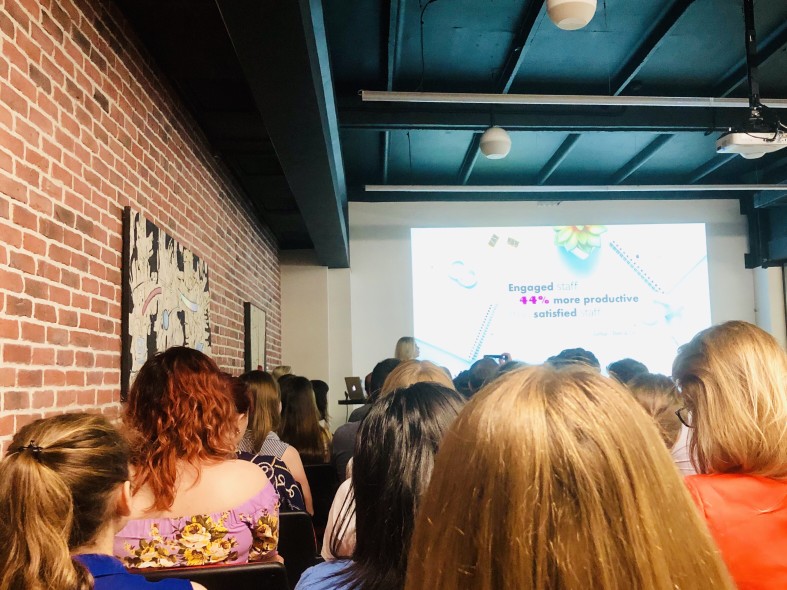“It is impossible to have a great life unless it is a meaningful life. And it is very difficult to have a meaningful life without meaningful work.” – Jim Collins

Do you think you are doing what you love and love what you are doing? If yes, you are one of those fortunate ones who have found the purpose of their lives. If not, you are among others who spend most of their waking hours living someone else’s dream, someone else’s purpose, a work that holds little meaning.
In practice, however, work is solely a means to an end, where people are constantly searching for things that are more important like a vacation, spending time with friends, daydreaming of a better job, a better career and a better company or even watching TV! Work is only something to be endured.
Research has indicated that people’s work lives are often embellished considerably when they feel that they are making advancement on work that is meaningful and when they genuinely feel that they are making a difference in the world. Scott Keller and Colin Prince in their groundbreaking book, ‘Beyond Performance: How Great Organizations Build Ultimate Competitive Advantage’ cited that when organizations give employees a sense of purpose, it is not only beneficial for employees but also contributes to building a robust and a powerful organization. An organization that is fully functioning and competitive.
So, why is meaning important? It has been witnessed that when people know “why” they are working, they also feel a sense of personal accountability or ownership. It gives them an identity, a status, and a meaning.
And as Scott Keller and Colin Prince characterises, when people take personal ownership of work, they tend to be more committed, self-motivated, internally driven and highly engaged. And that makes for better performance on all aspects.
Unfortunately, many organizations do not even try to make work purposeful for the people doing it. Managers in such organisations assume that paying people a salary is reason enough for them to work hard and to perform best to their abilities. However, extrinsic motivation can only go a limited way. It does not motivate people to be highly engaged and ingenious. In fact, the mission and vision statements of some organizations fall flat on its face, targeting only shareholders, the funds they are getting, competitive standing in the marketplace or how they shoot up sales figures.
Here is what you can do to instill every position with a great sense of meaning and purpose:
1. Figure out what really matters to your employees:

You may try asking this question in your next employee survey, “What would you do with the majority of your waking hours if you had sufficient money to live comfortably for the next 10 years?” Take cues as to what drives the employees
2. Disseminate work that already exists in a meaningful way:

Meaning is partly a state of mind. Employees may not even be aware of the opportunities that exist in the organization, likely because they were not communicated clearly. Make the connection between individual jobs and the purpose of the organisation.
3. Connect current employees with ex-employees who have been deemed ‘achievers’ by your organisation:

Encourage ex-employees, eminent people or clients to give testimonials at annual functions or town halls. Start a twinning culture between employees and clients. Share client stories and videos with employees and how your organization helped them.
4. Ask employees their views on how they can have a bigger impact:

Start by conducting surveys, get ideas and empower employees to implement them.
5. Train managers to provide better feedback and recognition:

Conduct training programs for managers so that they can effectively manage a team.
6. Provide a positive, nurturing and healthy environment to grow:

Cultivate a workplace environment that communicates that the organisation cares about its employees and helps them grow professionally.
7. Share correct information with employees from time to time and keep it transparent:

Keep the employees informed about any organizational change that takes place, inform them why the change is occurring and provide them adequate support and training to deal with the changes.
In the end, create meaning rather than searching for it. Making meaning is a creative and co-creative process.






Share This
Share this post with your friends!